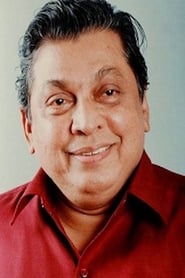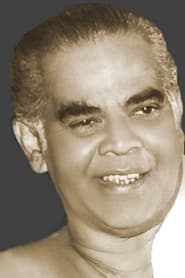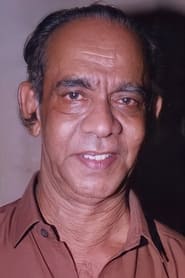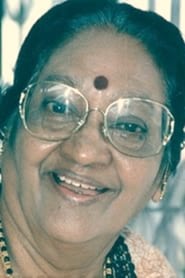
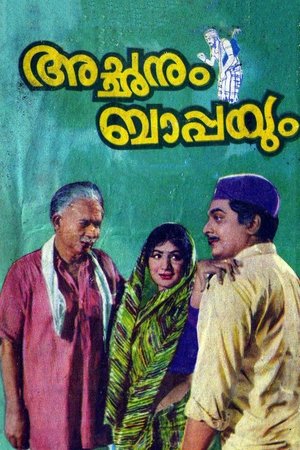
Achanum Bappayum(1972)
The film tells the story of a Hindu man who adopts a Muslim child and allows her to follow Muslim traditions.
Movie: Achanum Bappayum
Top 10 Billed Cast
Krishnan
Similar Movies
 7.0
7.0A.I. Artificial Intelligence(en)
David, a robotic boy—the first of his kind programmed to love—is adopted as a test case by a Cybertronics employee and his wife. Though he gradually becomes their child, a series of unexpected circumstances make this life impossible for David.
 7.2
7.2For the Love of a Child(en)
1959, support from US troops based in Asia and later from the Sates enables two actresses to start a charity for mixed-race 'orphans' who are locally neglected as outcasts. Thus originates Childhelp, which later runs multi-disciplinary centers for abused and/or neglected children in the States. Among them is bright Jacob Fletcher, whose stepfather, a lawyer, terrorized him into utter trauma and reclaims him shortly after 10 months in jail. Jacob's peers have distressing stories of their own, but competent, devoted staff helps most of them decisively on the former farm, using animal therapy.
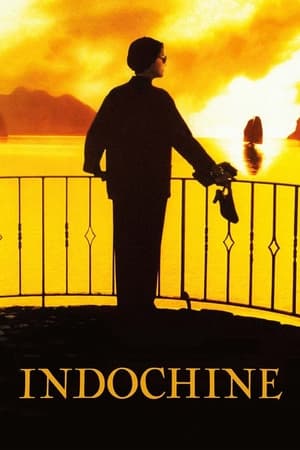 7.0
7.0Indochine(fr)
Set in colonial French Indochina during the 1930s to 1950s, this is the story of Éliane Devries, a French plantation owner, and of her adopted Vietnamese daughter, Camille, set against the backdrop of the rising Vietnamese nationalist movement.
 6.5
6.5Ae Fond Kiss...(en)
A young man upsets his Punjabi family when he falls in love with an Irish schoolteacher.
 6.5
6.5Clean, Shaven(en)
Peter Winter is a young schizophrenic who is desperately trying to get his daughter back from her adoptive family. He attempts to function in a world that, for him, is filled with strange voices, electrical noise, disconcerting images, and jarringly sudden emotional shifts. During his quest, he runs afoul of the law and an ongoing murder investigation.
 7.0
7.0Kingdom of Heaven(en)
After his wife dies, a blacksmith named Balian is thrust into royalty, political intrigue and bloody holy wars during the Crusades.
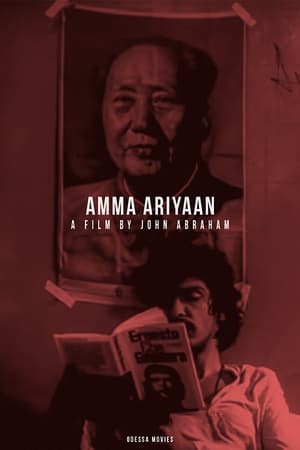 7.2
7.2Report to Mother(ml)
Purushan, a student on his way to Delhi, becomes obsessed with the tragic suicide of a young drummer. He collects many people to go with him to tell the boy’s mother.
 4.5
4.5Vishudhan(ml)
Sunny, a priest, comes to know that Vavachan is running an old age home with vile intentions. He wants the corpses of the inmates for the medical college run by his son. Sunny decides to expose this.
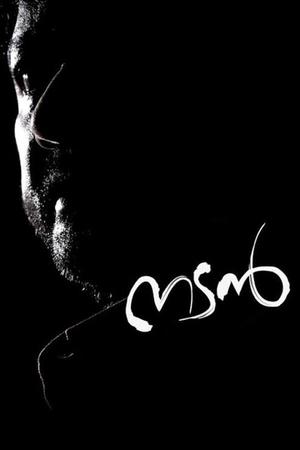 6.0
6.0Nadan(ml)
Nadan is the story of a popular drama troupe owned by Devadas Sargavedi (Jayaram), which was previously possessed by his father and grandfather in the past, and speaks about the problems faced by the owner and his survival. The revival of this mighty art through the sustained effort of the talented theatre artists forms the crux of the narrative.
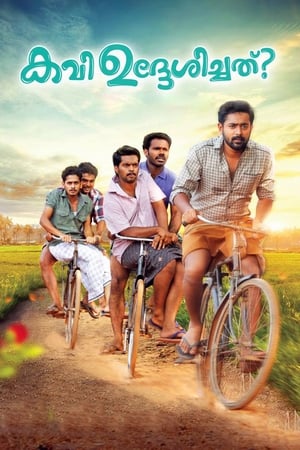 4.9
4.9Kavi Uddheshichathu..?(ml)
Kavalam Jimmy and Vattathil Bosco are rivals from their school days and Minnal Simon always tries to benefit from this situation.Three of them have their own intentions and they back stab each other to attain their own aims.
 6.4
6.4Jomonte Suvisheshangal(ml)
A wayward youth of a rich father, Jomon is a carefree youngster who doesn’t care about ‘being responsible enough’ for his age. When the family lands in a financial soup out of the blue, a different side of the youngster surprisingly emerges.
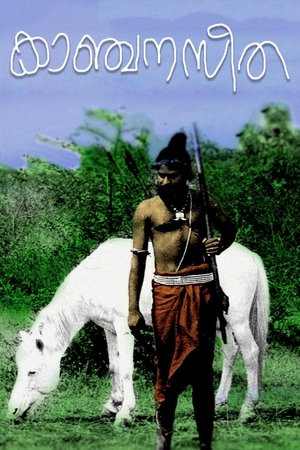 6.3
6.3Kanchana Sita(ml)
The film interprets a story from the Uttara Kanda of the epic poem Ramayana, where Rama sends his wife, Sita, to the jungle to satisfy his subjects. Sita is never actually seen in the film, but her virtual presence is compellingly evoked in the moods of the forest and the elements. The film retells the epic from a womens' liberationist perspective, and is about the tragedy of power and the sacrifices that adherence to dharma demands, including abandoning a chaste wife.
 4.8
4.8Sexy Durga(ml)
Anxious Durga and her friend, Kabeer are running away from their village at midnight. On the same night there is a huge festival happening at the village temple where Goddess Durga is being worshipped. Devotees are offering their body and mind to please their Goddess. At the same time the woman, Durga, faces complete darkness of the night on the highway. Some drivers offer help to Durga and Kabeer to reach the railway station. Their journey filled with darkness and agony is mystical. Devi Durga is the Goddess of power but what about the woman Durga who is in the midst of darkness?
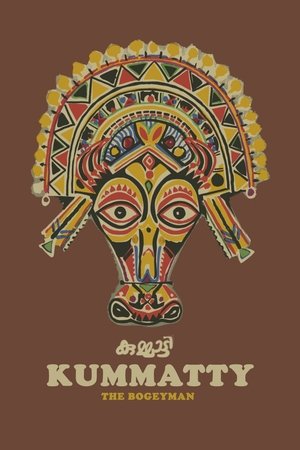 6.0
6.0Kummatty(ml)
A stranger who may be the trickster magician Kummatty comes to a village in Malabar, India.
 6.9
6.9Paradise Now(en)
Two childhood friends are recruited for a suicide bombing in Tel Aviv.
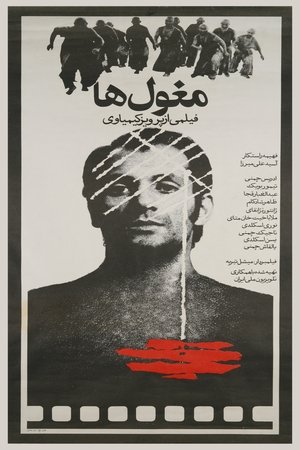 7.7
7.7The Mongols(fa)
A director of a television series on the history of cinema, who has been grappling with the screenplay of his first feature film, receives an assignment to oversee the installation of a television relay station in a remote region of Zahedan province. He has already hired Turkmen tribespeople for his film and selected his filming location. Meanwhile his wife, who is working on her Ph.D. dissertation about the Mongol invasion of Iran, attempts to dissuade him from accepting the assignment. One night, while working on his history of the cinema series, the director fantasizes a diegetic world that consists of clever juxtapositions of his different worlds: the history of cinema, the history of the mongol invasion, his own film idea and his imminent assignment to the desert.
 0.0
0.0Women Men Marry(en)
When he loses both his wife and child, Montgomery Rogers adopts his servants' little girl and raises her as his own. Completely unaware of her origins, Emerie grows up to be a first class snob. Her socially ambitious aunt takes her to Europe to become engaged to Brooks Fitzroy, an impoverished lord (Cyril Chadwick). On the voyage back she encounters a young man, Dick Clarke who is working for his passage.
 6.4
6.4Praise the Lord(ml)
An immensely rich farmer lives peacefully with his family in Pala and has no idea about the hectic metro life. He gets introduced to it when he hides a love-stricken couple in his house.
 4.0
4.0Red Garden(az)
The film tells the story of a provincial teacher from blue blood, Abbas. The desperate desire of having his own son makes him so indifferent to orphan in his custody and even to deadlock situation of his beloved spouse Vafa. But everything changes, when he himself causes Vafa's death. Now in the otherworld Abbas is craving to have back all the things that he couldn't protect in this world.
 7.6
7.6Gandhi(en)
In the early years of the 20th century, Mohandas K. Gandhi, a British-trained lawyer, forsakes all worldly possessions to take up the cause of Indian independence. Faced with armed resistance from the British government, Gandhi adopts a policy of 'passive resistance', endeavouring to win freedom for his people without resorting to bloodshed.
